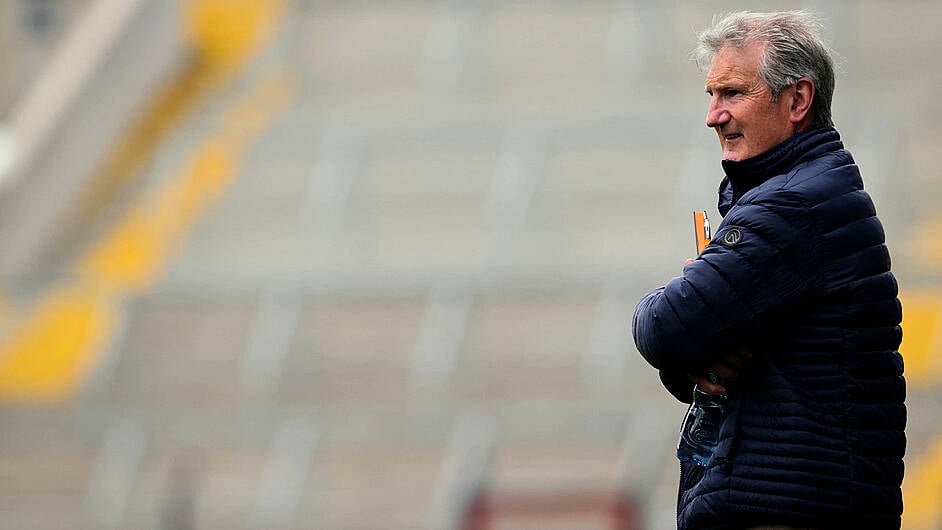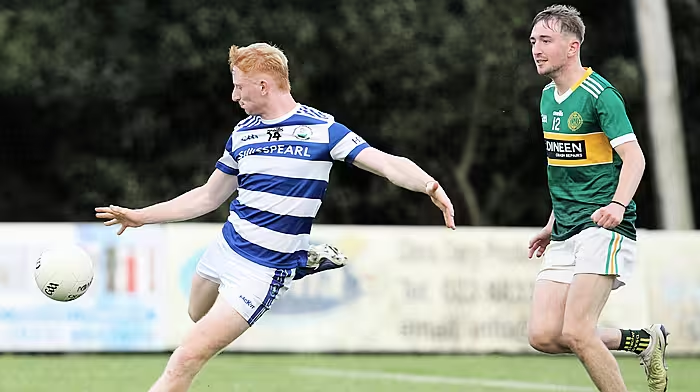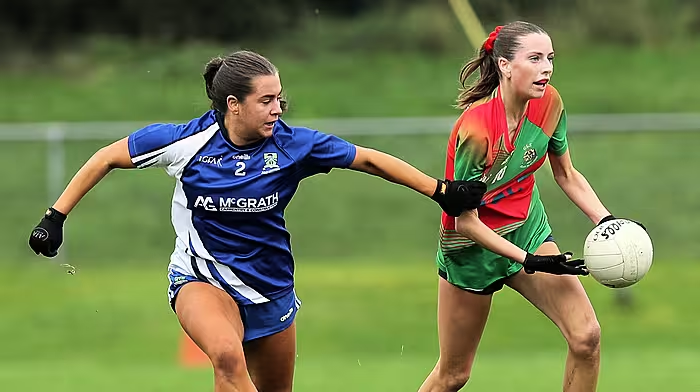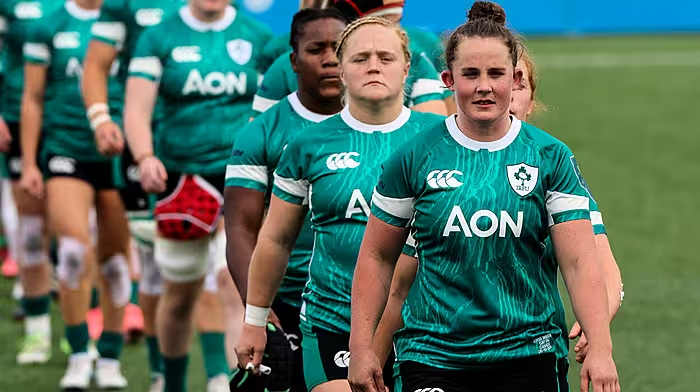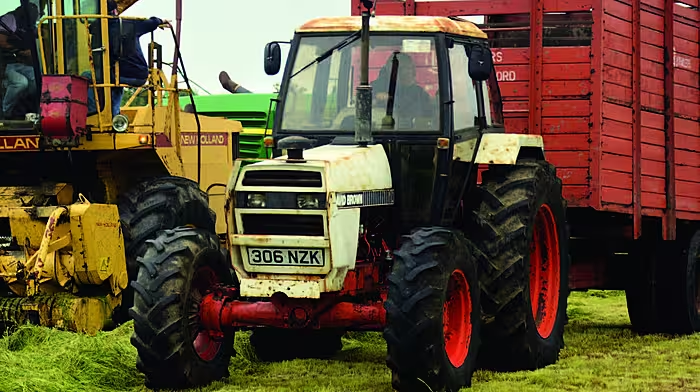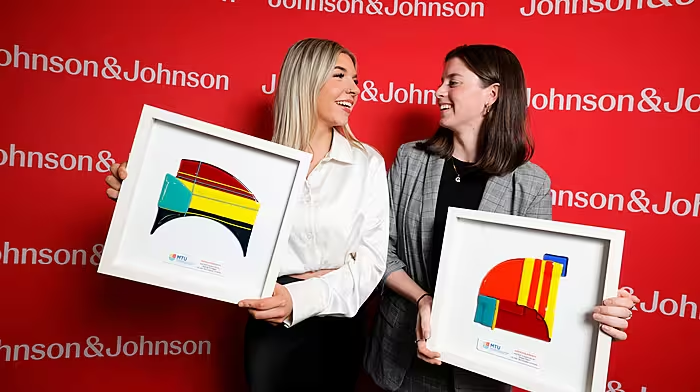GIVEN how the smaller-than-usual timeframe meant that the Allianz Leagues pushed right up to the start of the provincial championships, momentum was more important than ever for counties.
Whereas in past years a sizeable break between the two competitions would allow for tailoring of training to build up to a summer peak, this time the league was in effect a whistle-stop pre-season. Last weekend, Clare showed the importance of finishing well – having lost to Antrim at the start of the league, the rounded off their campaign with three wins and then saw off Waterford in the Munster quarter-final.
Such an outcome might appear worrisome from a Cork point of view – having beaten Waterford and Westmeath as well as drawing with Tipperary in their opening three games, they then lost away to Limerick and at home to Galway, finishing fifth of six teams, albeit just a point off second.
In that regard, Cork manager Kieran Kingston prefers to focus on the performances rather than the results themselves when it’s put to him that the poor-than-hoped-for finish might count against them when they take on Limerick in Thurles on Saturday evening (7pm).
‘I wouldn’t agree with that,’ he says.
‘I would have said before the league that I thought it was good for us in terms of building a panel, giving young guys an opportunity, and building a bit of momentum for ourselves. I would have said that it worked out well for us in that regard.
‘Okay, we lost the last two games, having been five points up in the last one, which was the one that really disappointed us the most. With eight minutes to go, we were winning the game and topping the group and then we lost our shape and we ended up fifth in the group.
‘Outside of that eight or ten minutes, I thought the league was very good for us. I would have said that it has given us good momentum and we learned a huge amount from it. You’ll learn more, actually, from that ten minutes and the Limerick game than the ones that we won earlier in the league.’
In terms of panel use, Kingston would prefer if he still had the facility to use substitutes, as was the case in the league, but instead the limit has gone back down to five.
‘I was surprised, in a way, that the substitutions were reduced from seven to five,’ he says.
‘I know that guys are back a good number of weeks, but it’s still condensed. When you consider that we were back three weeks before the league starts and guys had been off, in our case, since the middle of November, there are still a lot of guys to be collected and built into the legs yet.
‘Therefore, I’d be of the view that you’ll need your 20 players, or 22 if you have them, in each game. There’s no doubt, if you’re going from week to week – which, with God’s help, we all will be – there’s no question that you’ll have niggles when the championship starts, in this weather and at that pace.
‘It was good for the management and good for the players [in the league], it’s nice as well that you can have 22 fellas involved in a game on a given day, albeit with two double substitutions, but that’s fine.
‘I was surprised to see it changing for the championship, I have to say, because I thought it worked well and, in particular, the year that’s in it. It’s not a normal year – last year, we know, wasn’t normal, this year certainly isn’t normal either and I thought it would stayed, yes.’
Even so, he’s happier with the situation Cork find themselves in compared to the lead-in to the 2020 championship, when the late finish to the county championships hampered preparation.
‘The last two years have been difficult for everyone, not just us,’ he says.
‘You think that, the way campaigns have been devised and the way they’ve been run – which is all outside our control – that it probably suited the more settled and more experienced teams a little bit more.
‘From our perspective, where you’re trying to build a team, build a panel – as you know, we’ve a significant amount of young lads – we would have liked to have had more games and a Munster league campaign and a Fitzgibbon Cup campaign, of course we would, but it is what it is.’

